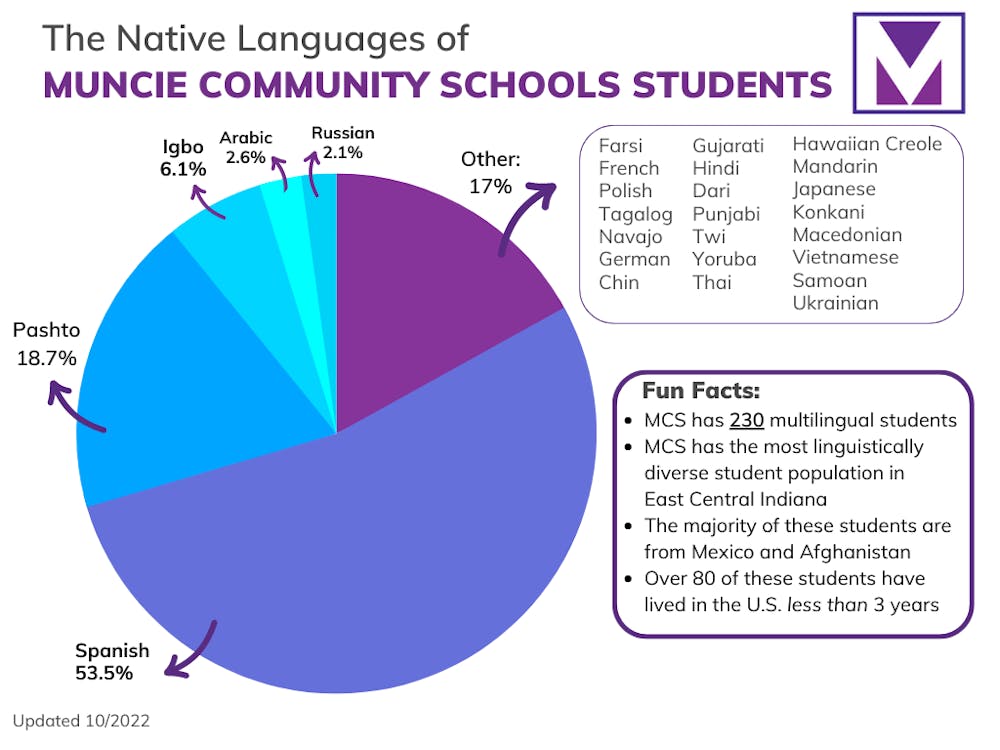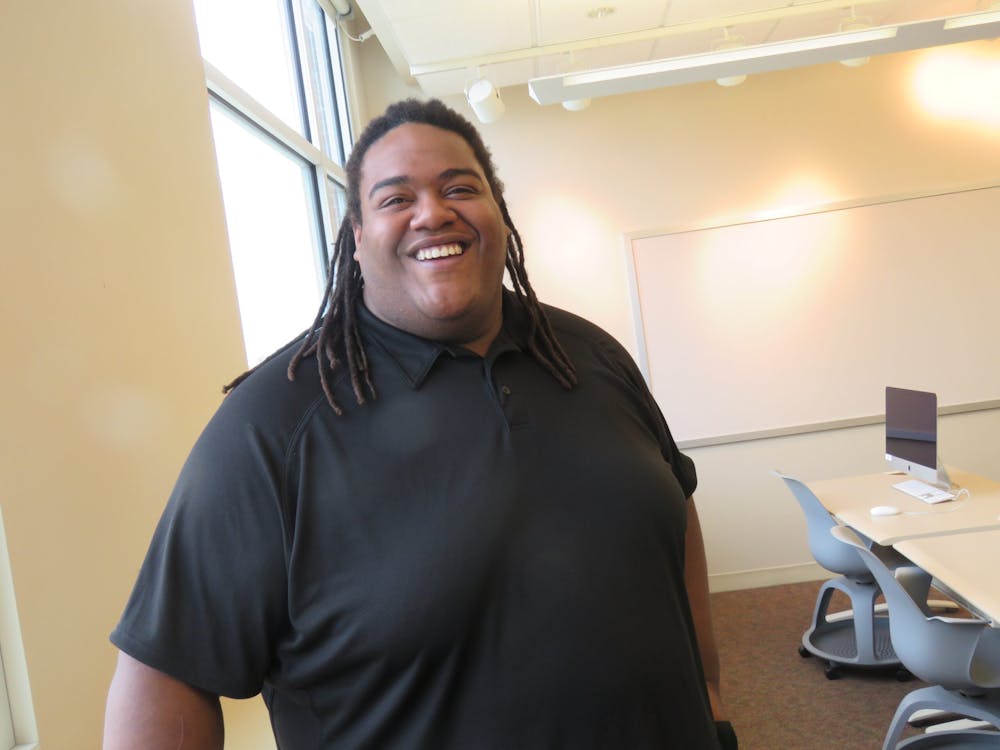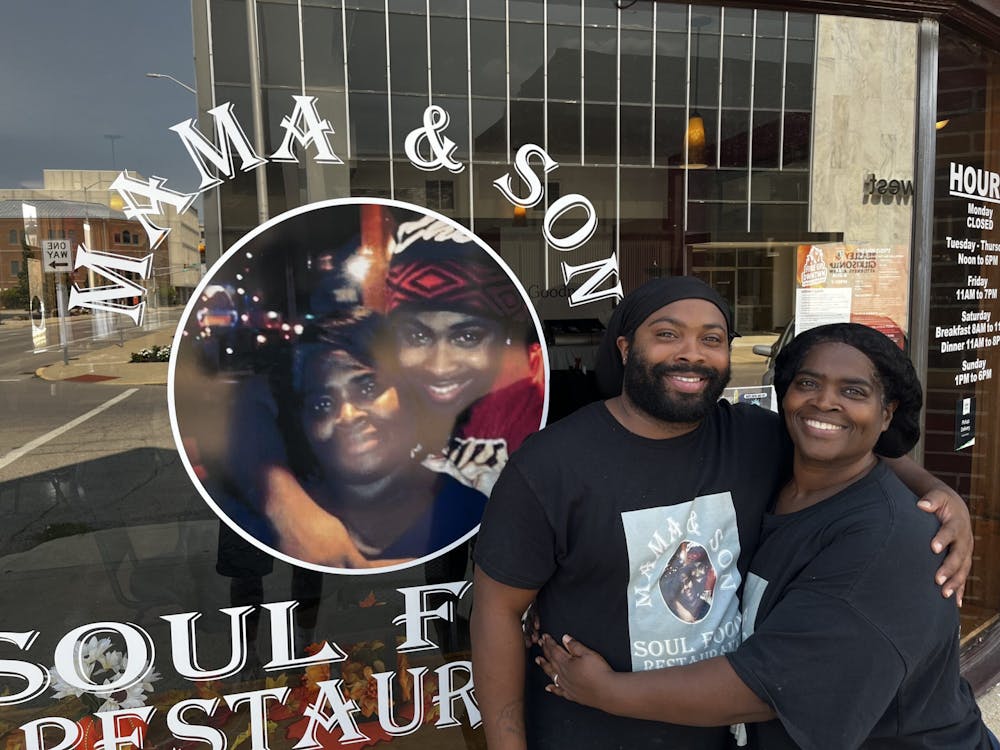Story by Tori Smith / Inform Muncie
Editor's Note: This story was originally published in December 2022
Muncie is in denial, the first notch on Milton Bennett’s Developmental Model of Intercultural Sensitivity. Developed in 1986, the “Bennett Scale” explores ways people interact and experience different cultures. The six stages of the scale in order are denial, defense, minimization, acceptance, adaptation and integration. The Muncie community falls in the beginning of these steps: denial. Why? We all lack curiosity about other cultures and languages spoken in the community.
I took Spanish classes throughout my entire high school career. I loved learning about the language: the way the words sounded, the different dialects of different countries and food from different regions. But that’s where the learning stopped – the classroom. As I quit taking language classes and focused solely on journalism, I quickly realized how much of an important skill language learning and cultural sensitivity could be. As I got denied an internship because the one other candidate was bilingual, I felt bad for my 15-year-old self who was so interested in Spain.
Interviewing community members for the piece Cultural sensitivity in the community has opened my eyes and allowed me to see that all community members, even myself, are in denial. There are people all around me who are different. But we’re all in the same community. So why do I feel nervous when someone is speaking in a different language? I’m in denial – or what Bennett defines as stereotyping and dehumanizing someone of a different culture. Doing the piece mentioned above has allowed me to step out of denial and into the fourth step, acceptance. But it took conversations, interviews, and attending an event to get there.
As a community member, you also have the chance to move from denial, through defense, minimization and eventually to acceptance of other cultures. The first community-led step involves the Dual Language Program at West View Elementary school. This program, led by the Director of English Learners, Kelsey Pavelka, offers an amazing program for elementary school children that explores bilingual and biliterate teaching. This program teaches cultural competence and cultural sensitivity from a young age, immediately implementing the idea that there are other cultures and languages throughout the world that can work in harmony.
Another opportunity you have in the community is to attend Spanish classes that are held by the Ross Community Center every Tuesday and Thursday from 5 p.m to 6:30 p.m.
When I was in kindergarten, I had a 30-minute program that explored Spanish words. But again, that’s where it stopped, the classroom. It wasn’t until I was 15 again that I began to continue with my language learning. But I never learned about the different cultures, rituals from different countries and dances. I wish I would have. It would’ve allowed me to feel so much comfortable when there is someone speaking in another language that I don’t understand.
If I had been afforded these opportunities as a child or a growing adult, I may have traveled to another country by now. I may have reported stories about this topic, about the Spanish language, or about Spain.
It may cost you money, and it may cost you time, but having the ability to speak to an entire population that is not your own – is priceless.




